“Give sorrow words; the grief that does not speak knits up the o’er wrought heart and bids it break.”
William Shakespeare, Macbeth, qtd. in Kolk
Kolk’s lifelong research of the brain, mind, and body is compiled into this book full of stories, studies, and world-altering compassion. I wept in the aisles of Ross barely seeing or smelling the holiday candles I was there to buy as I listened to stories of human trauma and the miraculous healing of self-discovery through therapies such as EMDR, community, art, language, yoga, and neurofeedback. This book is full of neuroscience typed up into small print onto thin pages and it is written beautifully. Kolk’s story-telling weaves and connects throughout the book, pulling the reader through the pages, creating curiosity and a capacity to understand the in-depth science of the brain, mind, and body and how they hold and heal trauma.
The awareness of the effects of trauma is vital to creating a compassionate world. With this awareness, our communities can detect, understand, and foster healing in a heartbreakingly large population of humans who suffer from dissociation, alexithymia, violence, substance abuse, and all other behaviors and world-views connected to trauma. Viewing harmful behavior as a coping mechanism rather than as evil can have beautiful ramifications for our societies.
Kolk’s book repeatedly states his findings that children are overly diagnosed with ADD, autism, and oppositional defiance disorder. Children who are suffering from trauma are being misdiagnosed; instead of healing, they are being overly medicated without curiosity about why their bodies are behaving in a particular coping way. Kolk’s studies suggest more effective therapies that don’t deprive children of learning how to live and heal from past trauma.
Thank you, Kolk, for giving words and language, stories, and concrete avenues for healing in this book. Thank you for presenting miracles in a world full of sadness and abuse. Thank you for your positivity and your science of compassion and hope. I am having a difficult time returning your book to the library; I want it to stay on my counter a little longer. I don’t want to forget what you have taught me in its pages. I don’t want to say goodbye yet.



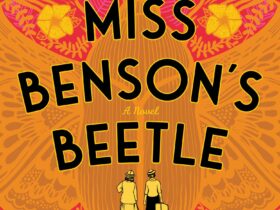
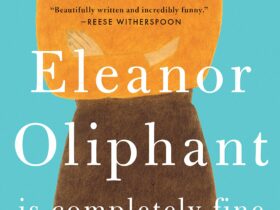
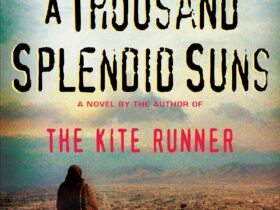
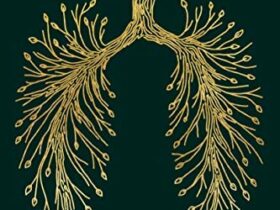
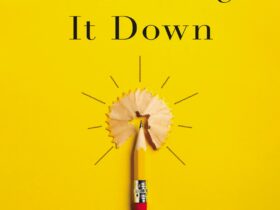
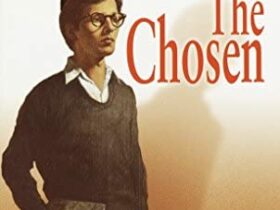
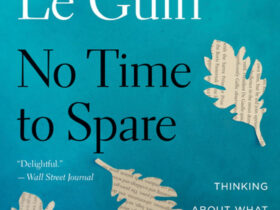

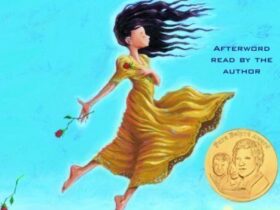
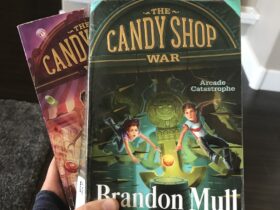
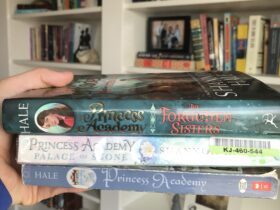






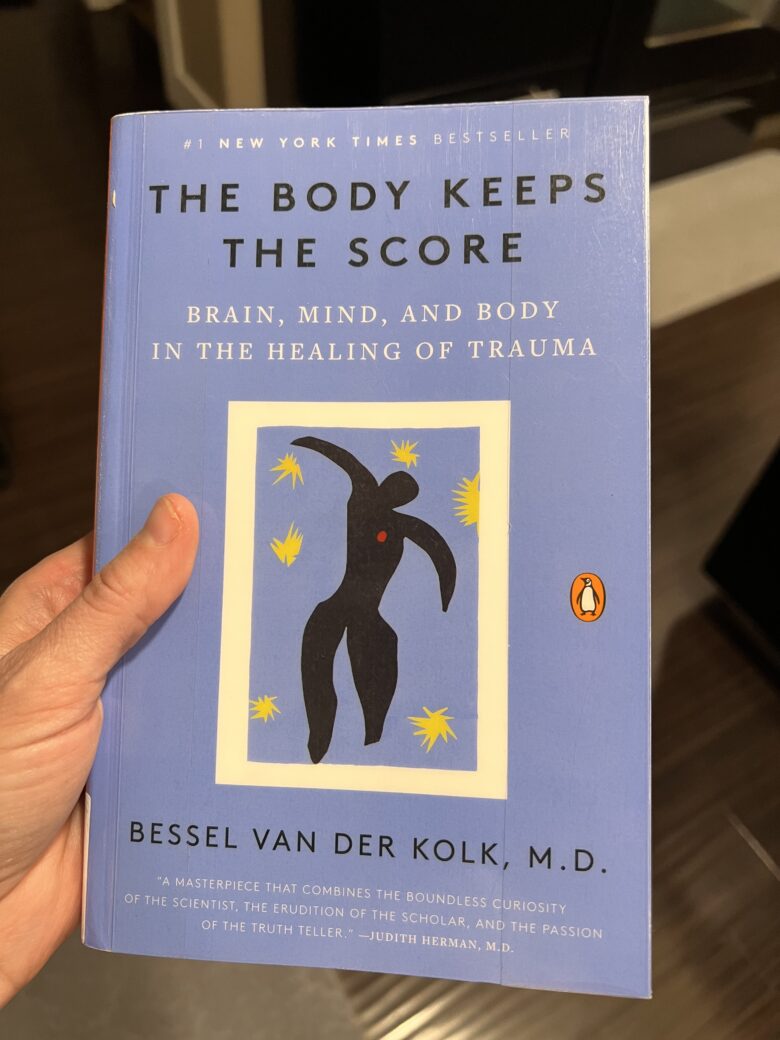

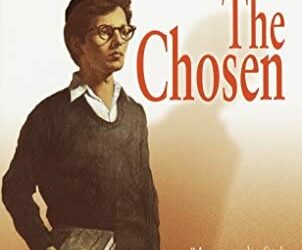
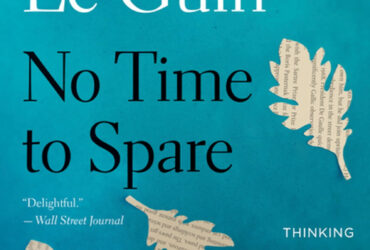
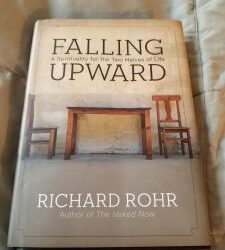


Leave a Reply